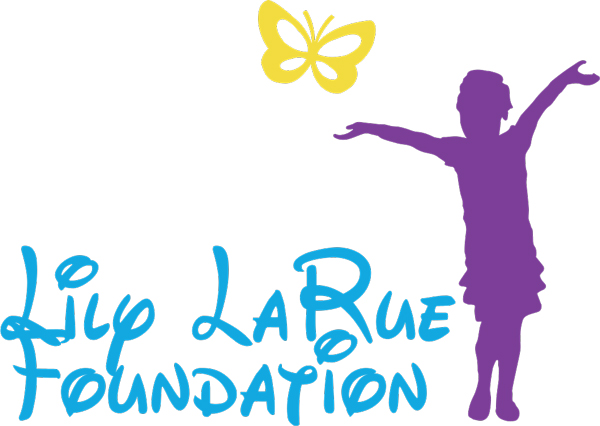


The Children’s Brain Tumor Project is a research effort at the Weill Cornell Pediatric Brain and Spine Center, co-directed by Dr. Mark Souweidane and Dr. Jeffrey Greenfield. The Children’s Brain Tumor Project has a single goal: to bring hope to the hundreds of patients and families each year who confront the heartbreaking diagnoses of rare and inoperable pediatric brain tumors.
To Learn More about The Children’s Brain Tumor Project and their research effort, visit their site at childrensbraintumorproject.org
The Weill Cornell Children’s Brain Tumor Project takes a multi-pronged approach to the research:
Genomic sequencing will offer physicians the ability to quickly identify a brain tumor’s “fingerprints” at the molecular level, allowing for personalized tumor therapy.
Alternative delivery methods will bring the right drugs for an individual patient right to the tumor site, bypassing the blood-brain barrier.
Basic science research lays the foundation for translation into clinical trials, with the goal of bringing new treatment options from bench to bedside as quickly as possible.
The project is “powered by families” — donations come from the families, friends, and supporters of the children, adolescents, and young adults diagnosed with these tumors. In the absence of major funding from government agencies or major foundations, the Children’s Brain Tumor Project is supported by those with the most at stake in this battle.

The DIPG Collaborative is a collection of foundations with the common interest of inspiring research into the cure of Diffuse Intrinsic Pontine Glioma (DIPG) with the belief that through a cure for DIPG, significant advances in other cancer research will be made. Originally an organic development of the DIPG Symposium held in Cincinnati, Ohio, USA in 2011, today the DIPG Collaborative is made up of more than 20 foundations cooperatively funding between $1,000,000 to $2,000,000 in DIPG research every two years. The DIPG Symposium, which occurs every two years, is the culmination of not only the DIPG Collaborative’s funding cycle, but also features unique perspectives on research from experts around the globe.
With a goal of seeking the balance of research transparency, institutional collaboration and the elimination of duplication, the DIPG Collaborative funds both clinical and translational research worldwide.
To Learn More about DIPG Collaborative and their research effort, visit their site at dipg.org